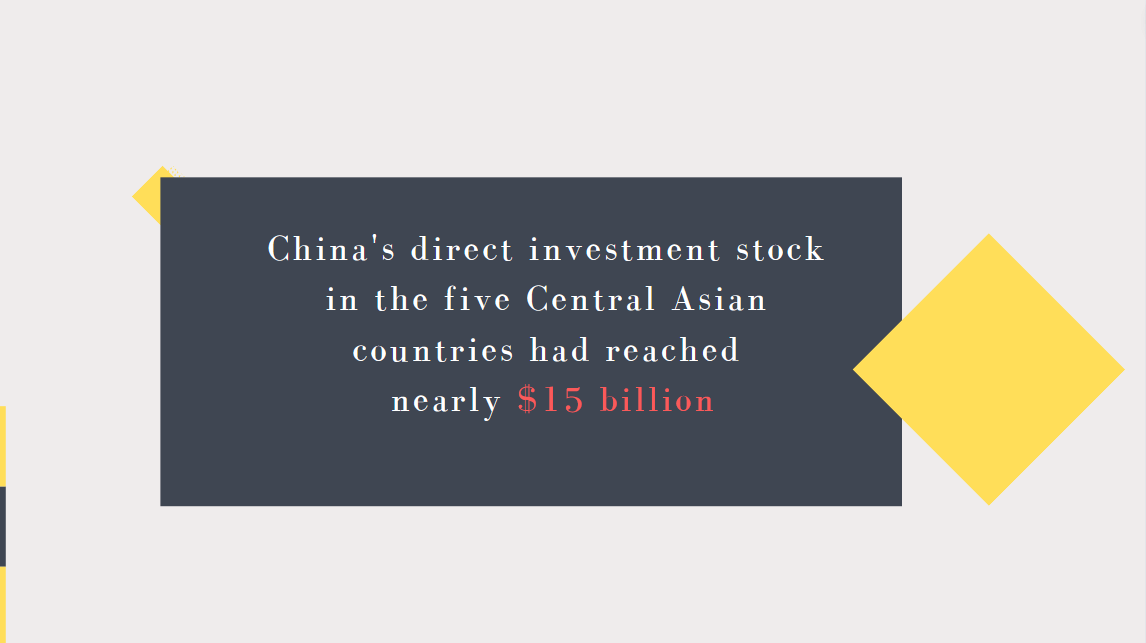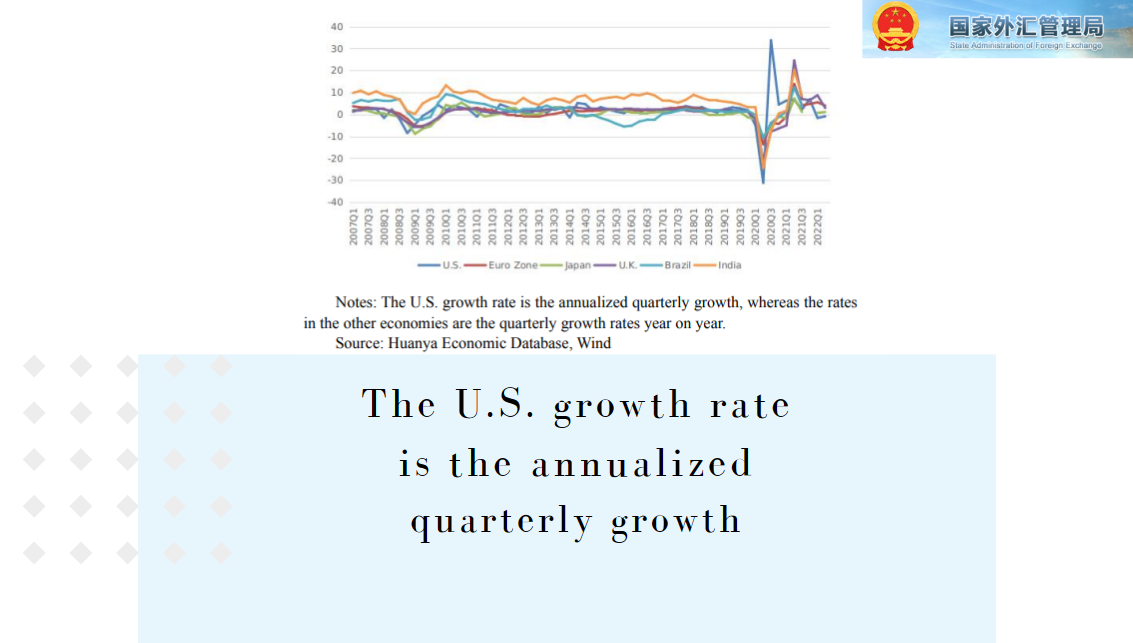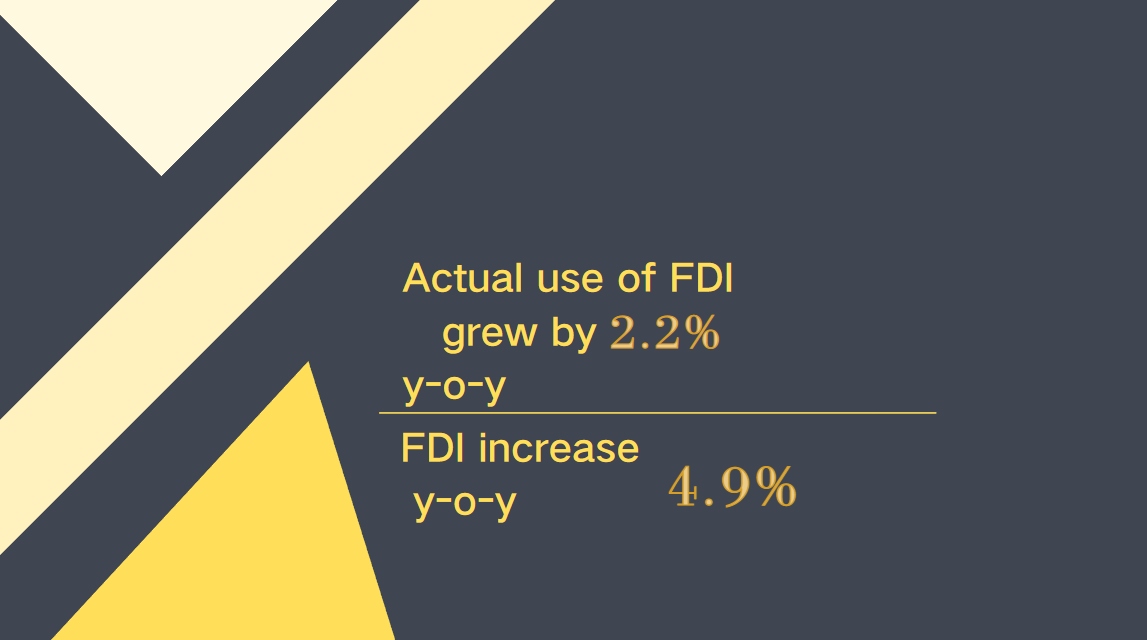Deep Dive of Hong Kong-Active Mainland Companies (3): Biopharma Business Backs Hong Kong as Bridge to Mainland Success
Hong Kong is an ideal platform for clinical trials and pharmaceutical business.
Many Hong Kong technology companies are renowned for their accomplishments, particularly in biomedicine and healthcare. Leveraging Hong Kong's advantages, such as free flow of information and having a pharmaceutical system in line with the West, Zai Lab (Hong Kong) Limited imports foreign pharmaceutical products and technologies to Hong Kong for clinical trials and commercialises its innovative medicines and medical devices in Hong Kong, the mainland, Taiwan and Macao. The company aims to become a leading biopharmaceutical company in the Greater China region and assist in the sale of mainland‑developed medicines in overseas markets.
Research commercialisation hub
Introducing innovative medicines and technologies from abroad
In an interview with HKTDC Research and the Shanghai Municipal Commission of Commerce [1], an executive of Zai Lab (Hong Kong) said that the group mainly leverages Hong Kong’s advantages, such as free flow of information having a pharmaceutical system in line with the West, to commercialise its innovative medicines in Hong Kong, the mainland, Taiwan and Macao.
Zai Lab focuses on four areas, namely, oncology, autoimmune disorders, infectious diseases and neurological disorders. It hopes to conduct clinical trials and collect relevant data in Hong Kong for its innovative medicines and medical devices. After trials, the company will apply to the Department of Health for registration and prepare for initial launch in Hong Kong.
Since establishing its Hong Kong subsidiary in 2018, Zai Lab has registered a number of its locally marketed medicines and medical devices with the Department of Health [2]. These include medicines/medical devices for maintenance treatment of ovarian cancer, gastrointestinal stromal tumour (GIST), glioblastoma (GBM) and malignant pleural mesothelioma (MPM). Through internal research and development (R&D), and co‑operation with global technology partners, the company has built its own product portfolio. In future, the company’s researchers in Hong Kong will look for more overseas technology partners with good potential and introduce more innovative medicines and technologies to the Greater China market.
Dual primary listed on the Hong Kong Stock Exchange and Nasdaq, Zai Lab Limited is an innovative, commercial stage global biopharmaceutical company based in China, with business around the world. It has capabilities in drug discovery, clinical R&D, manufacturing and commercialisation of innovative medicines. Its clinical development team currently manages over 50 on‑going or planned clinical trials, focused on bringing patients best‑in‑class and first‑in‑class medicines for oncology, autoimmune disorders, infectious diseases and neurological disorders.
Zai Lab also has small‑molecule and large‑molecule manufacturing facilities and experienced teams for the manufacturing, registration and commercialisation of innovative drugs. It has significantly expanded its global presence in recent years and now has headquarters and R&D centres, clinical and regulatory offices, and manufacturing and R&D facilities in Shanghai, Beijing and Suzhou respectively. In addition to commercial offices in Hong Kong, Taiwan and Guangzhou, it also has offices in Menlo Park and Cambridge in the US.
Targeting the Asia-Pacific market
Hong Kong is an ideal platform for clinical trials and pharmaceutical business
The Zai Lab (Hong Kong) executive pointed out that factors such as the global economic downturn and geopolitical uncertainties have little impact on the development of the biopharmaceutical industry as a whole. The company will in fact import more innovative products to expand its mainland business and other overseas markets. It plans to gradually expand its Hong Kong office and leverage innovative drugs and related technologies to tap new business opportunities in the Asia‑Pacific region. It also hopes to make good use of the Hong Kong office and clinical data collected in Hong Kong to assist mainland‑developed innovative drugs and medical devices in expanding to overseas markets.
Maximising participation in clinical trials
Zai Lab hopes to secure more financial resources for patients to use innovative medicines as participants in Hong Kong clinical trials
In Hong Kong, Zai Lab needs to compete with global peers for talent in innovative drug research. Moreover, the registration of new drugs in Hong Kong requires documentary proof of registration issued by the drug regulatory bodies or authorities of multiple designated jurisdictions to provide supporting evidence that products have been rigorously evaluated before placing in market. Since approval for sale may take nine to 12 months, it is hoped that the process can be expedited for the benefit of patients needing innovative drugs for treatment.
However, Zai Lab said the biggest challenge it faces at present is that financial resources provided by the government are far from adequate for developing innovative drugs. Innovative drugs are generally costly, and a full course of treatment may take over HK$1 million. Most patients willing to give new drugs a try often struggle to bear the cost. The company believes that more funding from the government, non‑governmental organisations (NGOs) and private charities will enable more patients to pay their medication bills and allow drug manufacturers to collect more clinical data for case analysis. The industry may also bring in mainland capital to support Hong Kong patients in clinical trials and expedite the application of innovative drugs in the territory.
[1] HKTDC Research and the China Business Advisor seconded from the Shanghai Municipal Commission of Commerce interviewed Zai Lab (Hong Kong)Limited in the fourth quarter of 2022.
[2] Currently, there is no specific legislation that regulates medical devices in Hong Kong. A voluntary Medical Device Administrative Control System (MDACS) was established by the government in November 2004 to raise public awareness on the safe use of medical devices and enable traders to familiarise themselves with future mandatory requirements. The system lists medical devices and traders and implements a conformity assessment body recognition scheme in phases.




















































First, please LoginComment After ~